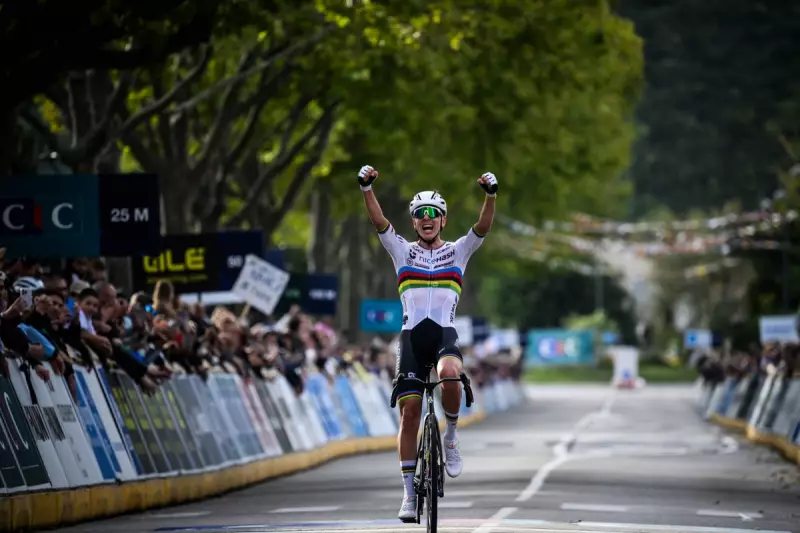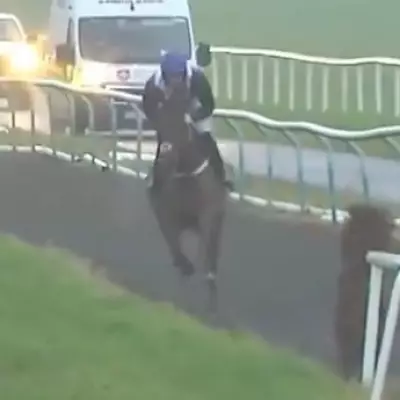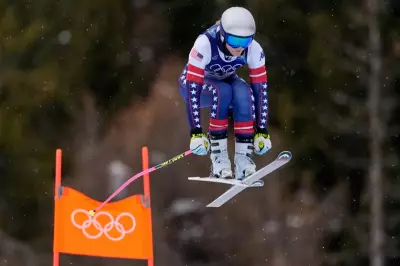
Slovenian cycling sensation Tadej Pogačar is confronting an alarming vulnerability that could sabotage his quest for Tour de France glory, despite showcasing scintillating form in the early stages of this year's race.
The Team Support Conundrum
While Pogačar has demonstrated explosive climbing ability and aggressive racing tactics, his UAE Team Emirates squad appears dangerously exposed when the race reaches critical mountain sections. Rivals have identified this weakness and are exploiting it mercilessly.
"The problem is not Pogačar - the problem is the team around him," observed veteran cycling analyst Philippe Maertens. "When the gradient steepens and the attacks come, he finds himself isolated far too early. This leaves him vulnerable to coordinated assaults from stronger teams."
Vingegaard's Visma-Lease a Bike Advantage
Defending champion Jonas Vingegaard benefits from arguably the strongest climbing unit in professional cycling. His Visma-Lease a Bike teammates can maintain blistering tempos that systematically dismantle the peloton, leaving opponents stranded.
"We've seen this pattern before," explained former professional cyclist turned commentator Sean Kelly. "Visma can put three or four riders on the front in the high mountains and just grind away until only the very best remain. Pogačar often finds himself alone with 50 kilometres still to race."
Strategic Implications for the Yellow Jersey
The team dynamic creates a fascinating strategic battle. Pogačar must either:
- Attack earlier to disrupt the rhythm of stronger teams
- Conserve energy while isolated, risking time losses
- Rely on tactical brilliance to overcome numerical disadvantages
This vulnerability was starkly exposed during Stage 11's brutal ascent to Le Lioran, where Pogačar found himself dangerously isolated during crucial moments, forcing him to chase down attacks personally while Vingegaard could sit protected in his team's slipstream.
The Mental Toll of Constant Isolation
Beyond the physical demands, the psychological impact of frequent isolation cannot be underestimated. Constantly monitoring rivals and responding to attacks without team support drains mental energy that becomes precious in the final week of a Grand Tour.
Pogačar remains characteristically optimistic, telling reporters: "We have a good team, and everyone is giving 100%. The mountains are where I feel strongest, and I'm confident we can handle whatever comes."
However, cycling insiders suggest the Slovenian's bravado masks genuine concern about his team's ability to support him through three weeks of relentless racing against the most organised squads in the sport.
Tour de France Hanging in the Balance
As the race progresses toward its decisive Pyrenean and Alpine stages, all eyes will be on whether Pogačar's individual brilliance can overcome his team's limitations. The outcome may well determine whether the yellow jersey returns to Slovenia or remains in Denmark.
One thing remains certain: in the thin air of the high mountains, numerical advantage often proves decisive, and Pogačar's rivals won't hesitate to exploit any sign of weakness in his support structure.





